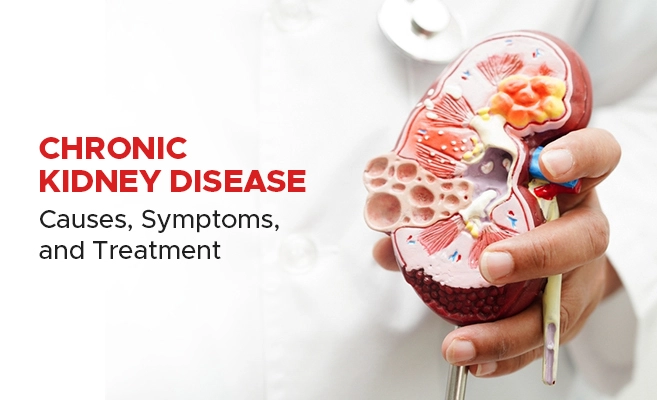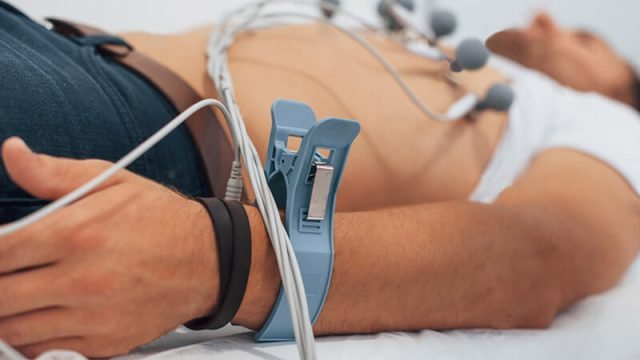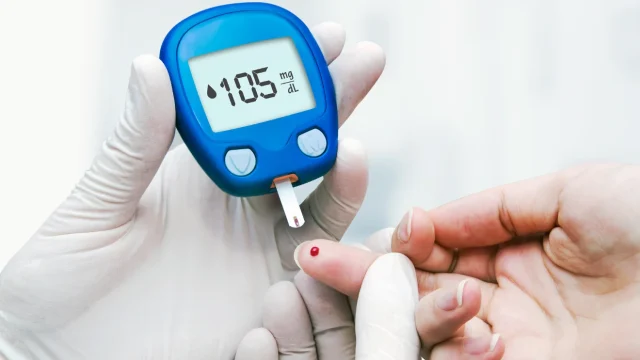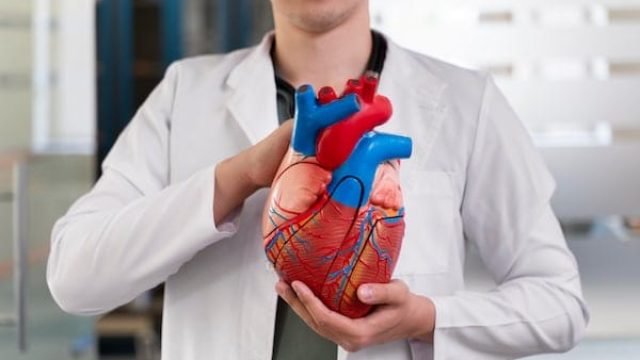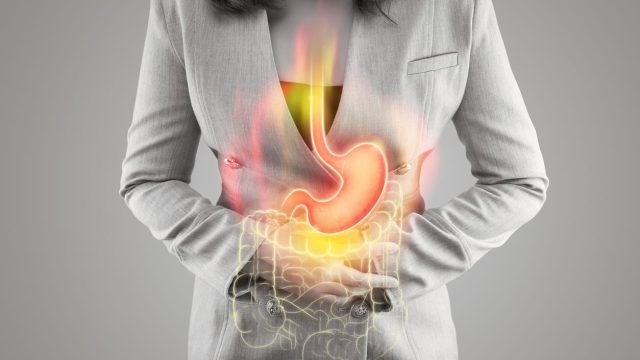In broad terms, Chronic Kidney Disease (CKD) is a long-term condition characterised by a gradual loss of kidney function over time. Also, this progressive disease can lead to kidney failure if left untreated, significantly impacting the quality of life and the health of affected individuals.
Therefore, understanding the causes of chronic kidney disease, and different types of chronic kidney disease, recognising the symptoms of chronic kidney disease, and exploring available treatment options are crucial. Knowing these steps helps manage and prevent further complications.
In this blog, we will delve into the factors contributing to chronic kidney disease and identify the key symptoms to watch for. Further, discuss the various treatment approaches that can help manage and mitigate the effects of this pervasive disease.
What is Chronic Kidney Disease?
If anyone is suffering from any type of kidney disease for more than 3 months, it is a Chronic kidney disease (CKD). Moreover, it leads to the progressive and irreversible loss of kidney function. Also, kidney disease is a general term for kidney damage and situations when they don’t function as they should. Our kidney’s job is to clean our blood and make urine. If the kidneys do not function properly, wastes and fluid build up inside the body.
Moreover, chronic kidney disease leads to other problems like heart disease and high blood pressure. Early detection can usually slow down or stop your disease getting worse. Untreated Chronic kidney disease can eventually lead to kidney failure.
Different Types of Chronic Kidney Diseases
Chronic Kidney Disease (CKD) is an umbrella term for various conditions that impair kidney function over time. Also, these diseases range from mild to severe, affecting the kidneys’ ability to filter waste and excess fluids from the blood. Hence, learning about the different types of CKD is crucial for early diagnosis and effective management. CKD includes diabetic nephropathy and hypertensive nephrosclerosis to polycystic kidney disease and glomerulonephritis.
Moreover, each type requires specialised care and attention. Let’s explore these various forms of chronic kidney diseases:
Kidney Stones: These are hard, crystal-like minerals that form inside the kidneys from substances in the urine. Also, they can grow in size and block the flow of urine. Consequently, it causes severe pain in the back, abdomen or groin.
Polycystic Kidney Disease: This genetic disorder is characterised by fluid-filled cysts that develop in both kidneys. Eventually, this causes them to enlarge over time and lose function.
Glomerulonephritis: This is the inflammation of the glomeruli or small filtering units within the kidneys. Also, the condition damages and scars the filters, reducing the kidney’s ability to filter blood.
Acute Kidney Injury: This arises from sudden kidney failure or kidney damage for hours or a few days. It is often caused by decreased blood flow, medications, toxins or infections.
Diabetic Nephropathy: This complication occurs due to diabetes with persistently high blood sugar. Consequently, it damages the tiny blood vessels in the kidneys and causes the organs to weaken over years.
Lupus Nephritis: This inflammation and subsequent damage to the kidneys is caused by the autoimmune disease systemic lupus erythematosus.
Reflux Nephropathy: This condition involves the loss of function in the kidneys due to chronic backflow of urine from the bladder into the kidneys. It is common in children, often due to faulty valves in ureters.
What are the symptoms of chronic kidney disease?
Chronic kidney disease is a ‘silent disease’ because it has no warning signs. However, as kidney disease gets worse, some symptoms and signs are visible which include:
- Swelling around your eyes (periorbital oedema)
- Swelling of your legs (pedal oedema)
- fatigue
- Shortness of breath
- Weight loss
- Nausea or vomiting
- A urine-like odour to your breath
- Decreased urine output
- Numbness in your hands and feet
- Easy bruising and bleeding
- Bone pain
- Skin, hair, or nail changes
- Drowsiness or mental cloudiness
- Erectile dysfunction
- Itching
- Muscle twitching and cramps
- Blood in your stools
- Hiccups
- Excessive thirst
- Decreased interest in sex
- Insomnia
- Sleep apnea
- High blood pressure
- Frothy or foaming urine
- Blood in your urine
- Pain in the kidney area
- Pins and needles in the fingers or toes
- Restless legs
- Generally feeling unwell
What are the Causes of Chronic Kidney Disease?
- The most common causes of CKD are high blood pressure and diabetes, as high blood sugar levels damage the blood vessels in your kidneys. This damage stops your kidneys from filtering waste properly.
- Diabetes and high blood pressure can damage your nephrons, the small filtering units of the kidneys.
- Diabetes-related CKD is also called diabetic nephropathy.
- Glomerulonephritis, or inflammation of the kidneys, can also lead to chronic kidney disease. This condition can be genetic or due to an infection.
- Heart failure or having had a heart attack or stroke
- Family history of kidney disease
- Being overweight or obese
- Smoking or having ever smoked
- Being over 60 years of age
- History of acute kidney injury
- Misuse of some pain-relief medicines, prescription medicines, and illegal drugs
- Autoimmune diseases such as lupus, can damage blood vessels and produce antibodies against kidney tissue
- Polycystic kidney disease.
- If the blood flow does not reach the kidneys properly
- If the kidneys are not working properly because of damage or disease
- If an obstruction prevents urine outflow
- Enlarged prostate, kidney stones, and a tumour.
How is Chronic Kidney Disease treated?
Sadly, chronic kidney disease cannot be cured but treatments can help prevent it from getting worse. Unfortunately, chronic kidney disease is irreversible. However, current treatment procedures focus on improving the underlying disease. Moreover, your treatment will depend on the stage of your kidney disease. Here is a basic map of treatment:
Stages 1-2: During the initial phase, the doctor takes steps to prevent you from developing cardiovascular disease. This may involve:
- Lifestyle changes
- Medicines to lower your blood pressure
- Medicines to keep your blood sugar under control
You should tell your doctor about any medicines you are taking, including natural or herbal remedies. Also, you should visit your doctor every 12 months.
Stages 3-4: During this phase, you may need to:
- Lower your blood pressure
- Lower your blood fats
- Lower your blood sugar
Your doctor will need to see you every 3 to 6 months.
Stage 5: In the last stage when your kidneys can no longer function on their own, you may need:
- A kidney transplant
- Dialysis, which removes waste and extra fluid from the blood
- Supportive care
Lifestyle measures
Chronic kidney disease has no cure and will gradually get worse. However, you can make some changes to slow the progression and improve your quality of life.
- Adopt a healthy diet.
- Eat whole fresh seasonal foods.
- Limit processed foods and sugar.
- Limit salt intake.
- Limit saturated and trans fats.
- Follow specific instructions from your doctor.
- Be physically active. Take moderate physical exercise
- Stop smoking
- Limit alcohol
- Maintain a healthy weight
- It is encouraging that treatment can also help prevent and manage CKD complications such as:
- Fluid overload
- Congestive heart failure
- Anaemia
- Brittle bones
- Weight loss
- Electrolyte imbalance
Moreover, a well-chalked management routine for underlying health conditions such as high blood pressure and diabetes can slow the progression of kidney damage.
Your treatment may involve:
- Iron and vitamin supplements to manage anaemia
- Calcium and vitamin D supplements
- Erythropoietin injections to stimulate the production of red blood cells
- Phosphate binders
- Stool softeners to help with constipation
- Antihistamines for itching
You may need dialysis to filter your blood when your kidneys can no longer do so. In some cases, you may need a kidney transplant. You should also talk with your doctor about managing your blood sugar and diabetes if you have it.
Conclusion
Chronic Kidney Disease (CKD) is a serious, progressive condition affecting millions. It often develops silently, making regular check-ups vital. Early signs include swelling, fatigue, and changes in urination. While irreversible, proper management can slow CKD’s progression.
Treatment varies by stage, from lifestyle changes to dialysis. You can help by maintaining a healthy diet, staying active, and managing conditions like diabetes. Following your doctor’s advice is crucial.
Concerned about your kidney health? Dr. Gayatri Pegu Bora at Apollo Clinic Guwahati offers expert care. For a consultation, call +91 9085612000 or schedule an appointment online. Remember, healthy kidneys are essential for overall well-being. Take action today for a healthier tomorrow.




